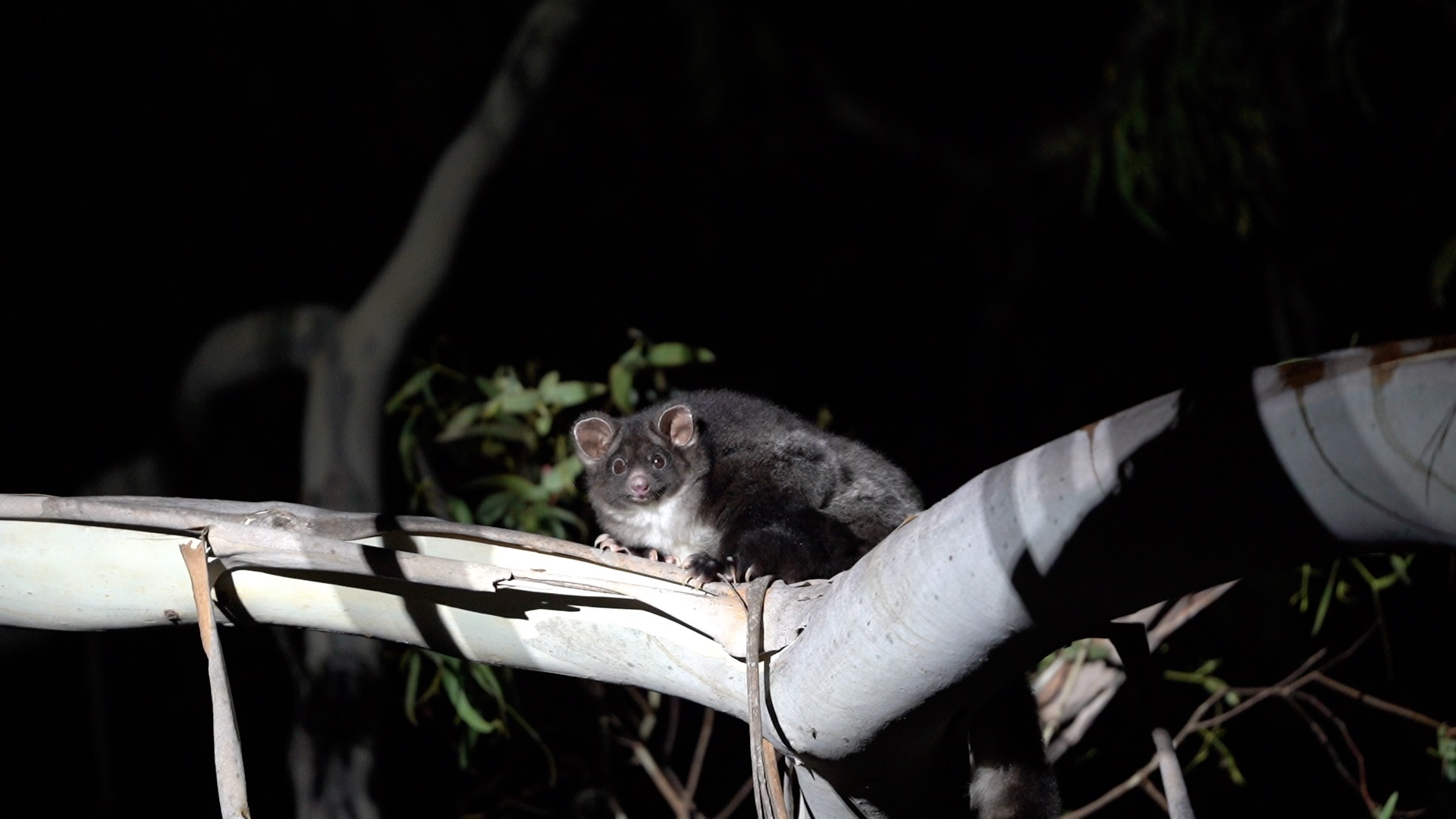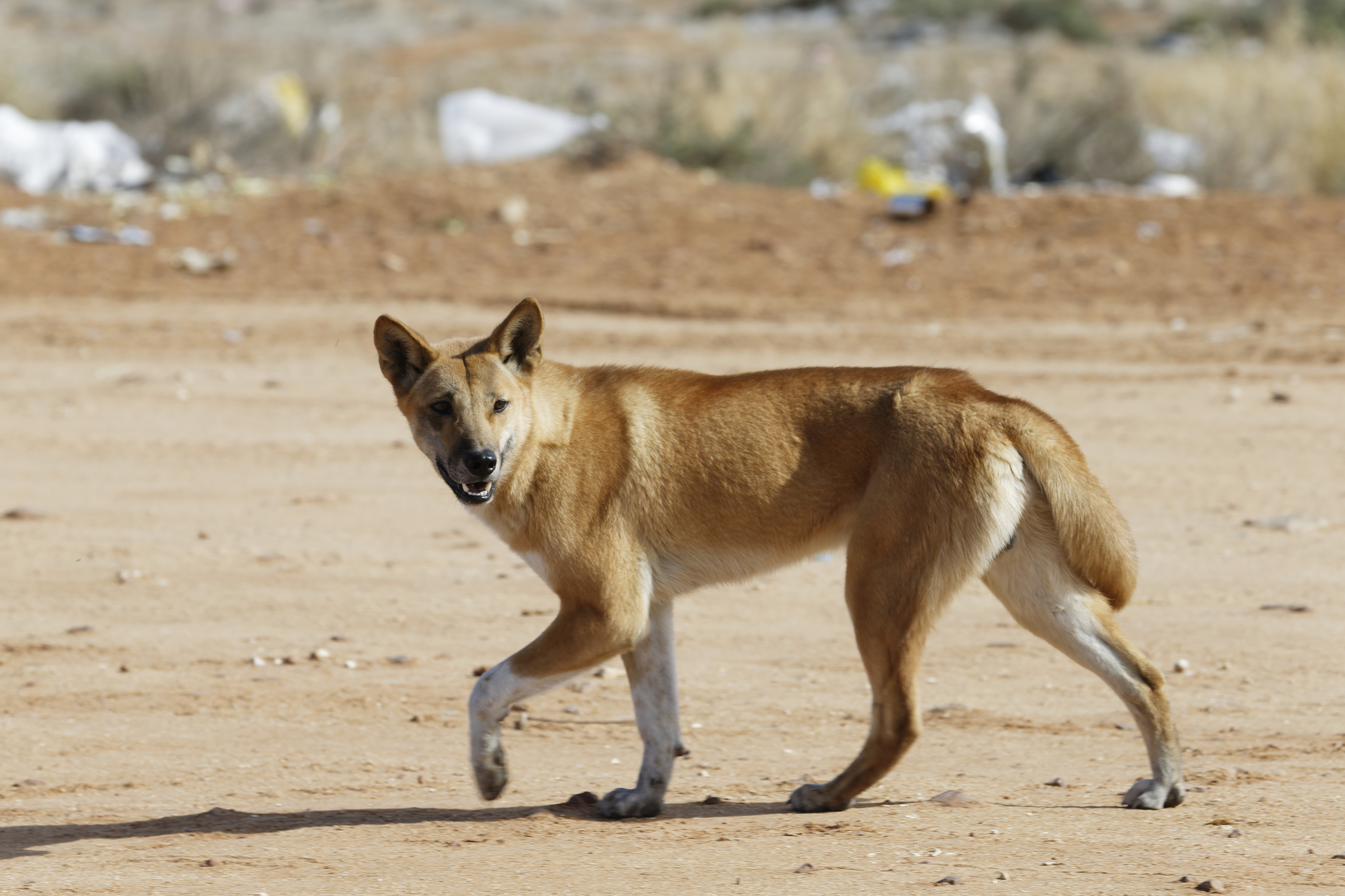Five hours south of Sydney, in the high country of south-east New South Wales, Glenbog State Forest sits quietly on the edge of the escarpment. At first glance, it looks like many other native forests. But Glenbog is not just any forest. It is one of the few remaining high-elevation “cloud forests” in southern NSW. These are places where geography...
Two whales have today been entangled in shark nets on Queensland’s coast, one at Kirra Beach on the Gold Coast and the other at Marcoola Beach on the Sunshine Coast.* Every year at this time, humpback whales migrate from feeding grounds in the Southern Ocean to the warm waters of the Coral Sea to breed and give birth to their young, and every year a number of them become traumatically entangled in Queensland’s shark nets.
Queensland welcomes these gentle humpbacks with a gauntlet of 27 gillnets, set with the intention of reducing the risk of shark bite. More than 80 whales have been entangled in these shark nets since 2001. In more fortunate instances where an entangled whale is able to be freed, there’s no guarantee they will survive the ordeal. Such an event is extremely traumatic for the already exhausted migrants. We do not yet know what fate awaits today’s victims.
A trial replacement of shark nets with alternatives in Queensland waters for the duration of the whale migration was recommended to the Minister for Agriculture and Fisheries, Mark Furner, by the Shark Control Program’s Scientific Working Group in September 2020. The Working Group is a panel of shark experts tasked with guiding the program and providing advice to the Minister’s Office.
However in 2021, Minister Furner stated publicly that removing the shark nets for the whale migration was off the table despite the scientific advice from his Working Group. His office would not confirm if net removal during the whale migration was likely in future years.
The Queensland Shark Management Plan released last December promises further trials of new, non-lethal technologies such as drone surveillance that hopefully provides a path to consigning the nets to history.
Lawrence Chlebeck, marine biologist for Humane Society International, said: “Today’s two entanglements bring this migration season’s count to four, all within the last month. Sadly, the public can only watch on in dismay.
“The Minister’s own scientific experts advised him to trial a removal of the nets during the whale migration season. Each year that the advice is not acted on will only see more whales entangled.
“It makes no sense because everyone knows the nets are outdated and not effective at reducing the risk of shark bite to humans. All they do is cause unnecessary injury and death to migrating whales and other precious wildlife.”
Dr Leonardo Guida, shark scientist at Australian Marine Conservation Society said, “It’s incredibly frustrating seeing the same thing unfold each year when we have solutions that modernise beach safety standards and don’t put wildlife at risk. The drones are proving their worth on south-east Queensland beaches, keep them up and get the nets out now.”
Shark nets are installed on beaches on the Gold Coast, Sunshine Coast, Rainbow Beach, and Mackay as a part of Queensland’s Shark Control Program. Though meant to reduce the risk of shark bite, the nets catch huge numbers of non-target species and cannot keep sharks from shore, providing nothing more than a false-sense of security.
HSI and AMCS are currently leading a joint campaign, “Shark Champions”, to end lethal shark control measures in Queensland. The Shark Culling Impact Tracker, a tool developed by HSI and AMCS which counts marine life caught and killed in Queensland’s shark control program since 2001, is available to view at www.sharkchampions.org.au/qldsharkcull.
*At the time of release the whale at Marcoola had been freed.


